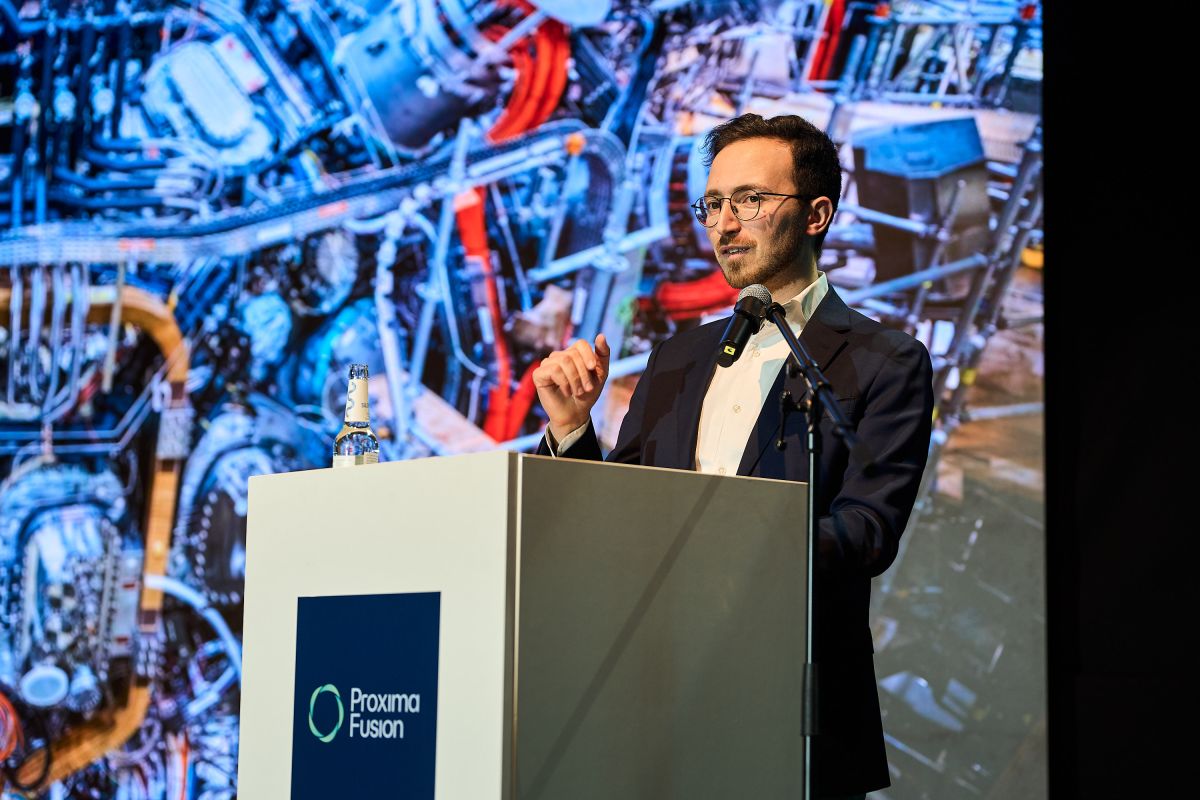
Commercial nuclear fusion is not yet a reality, but investor interest in the technology is gaining significant momentum. In recent years, venture capital has been flowing steadily into startups pursuing the goal of harnessing nuclear fusion—a process that could one day provide clean, safe, and virtually limitless energy to meet global demands sustainably.
Among the promising players in this space is Proxima Fusion, a company based in Munich, Germany. The firm recently celebrated a milestone with the opening of its new laboratory in Munich, an event that featured remarks by CEO Francesco Sciortino. The lab opening serves as both a symbol of progress and a strategic move in advancing fusion energy research and development.
Fusion energy, unlike nuclear fission, does not produce long-lived radioactive waste or carry a risk of meltdowns, making it an attractive alternative. The scientific community has been pursuing controlled fusion for decades, but despite ongoing progress—both in theory and technology—a commercially viable fusion reactor capable of supplying energy to the grid remains years, if not decades, away.
Still, the landscape is shifting. Startups like Proxima Fusion, supported by academic research and investors’ capital, are developing advanced fusion reactor designs and pushing forward on diagnostics, plasma control, and machine learning applications to stabilize fusion reactions. These efforts aim to accelerate timelines and reduce the technological barriers that have traditionally slowed the adoption of fusion power.
The influx of venture capital is driven by a combination of factors: heightened concerns over climate change, falling costs of technology such as superconductors and lasers, and notable advances in experimental fusion conditions achieved in recent trials. Companies such as Commonwealth Fusion Systems, Helion Energy, and TAE Technologies—alongside Proxima Fusion—are part of this new wave of private fusion developers, each working toward scalable energy solutions.
Although the commercial deployment of fusion energy is not yet within immediate grasp, the recent increase in funding and activity in the sector signals a growing belief within the investment and scientific communities that fusion could play an essential role in the future energy landscape. As research continues and tangible infrastructure—like Proxima’s new lab—takes shape, the prospect of fusion-powered electricity inches closer to realization.
Source: https:// – Courtesy of the original publisher.








